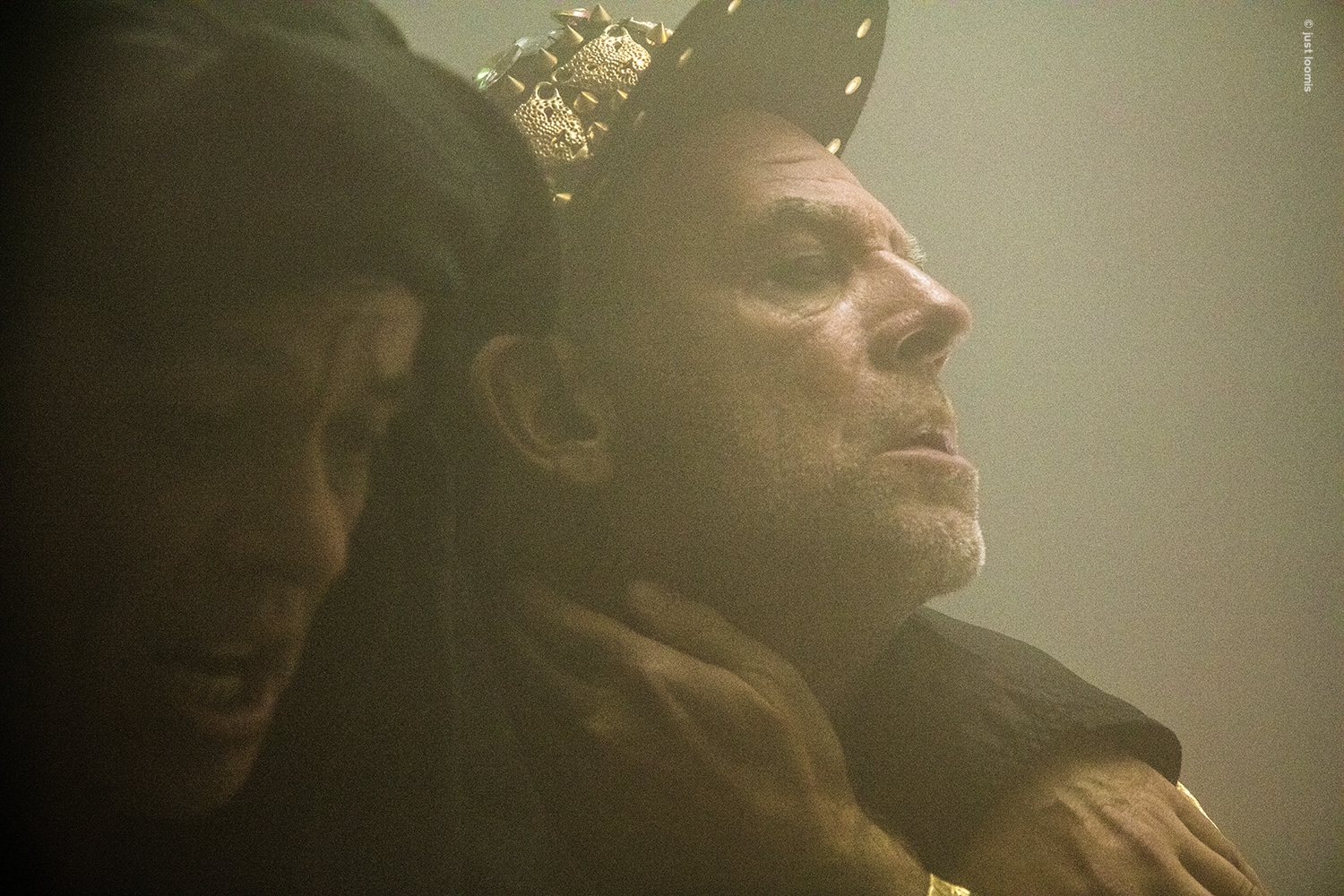


“The fact that Marx and Engels excluded the lumpen proletariat from the revolutionary movement is the basis for the Stalinist perversion”, says Heiner Müller. In Russia it was Anton Chekhov who around 1900 knew very well the situation of the underprivileged in the czarist state. In his 1987 story “Peasants”, Chekhov, a doctor and natural scientist, introduces the Russian lumpen: ranting, drinking, strong and coarse, illiterate and uncultivated, much like a piece of cattle. Even the hope of a better life is an unreachable luxury for it. Unpublished excerpts from “Peasants” add to rural squalidness a portray of Moscow’s urban misery: lack of housing and prostitution –a look into the world of those excluded.
It was later, in Crimea and elsewhere, that Chekhov, already suffering from tuberculosis, wrote the plays which have until today dominated the bourgeois theatre. The texts portray a society in which nobility continues to enjoy privileges, and an oligarchy of industrialists and large estate owners have split the land among themselves. The resulting numbness is typified in the Three Sisters, Olga, Mascha and Irina. The sisters and the soldiers they meet at the Prozorov family’s house engage in monologues typical of a Beckettian end-of-time atmosphere. Only the sister-in-law, Natascha, mercilessly asserts, with a nationalistic rhetoric, her will to rule the sisters’ house. The scenes fluctuating between Natascha’s pragmatism and the sisters’ yearning for life and love are full of comic, very much like in a slapstick comedy script of the early days of the history of cinema. After the first overemotional reading of Three Sisters at Moscow’s Künstlertheater, Chekhov was in shock: “I’ve written a vaudeville!”, he said.
Three Sisters and Peasants have a key sentence in common: "To Moscow!", which is spoken once from the perspective of the proletariat and once from that of the bourgeoisie. The clash between the disenfranchised class and the bourgeois lethargy shows a potential for social revolution that Chekhov formulates in a subliminal manner as an outlook for the 20th century, hinting at historical radical changes like the October Revolution. Chekhov’s Three Sisters is then freed from the psychological representation practice. After the experiences of the last century, this is also about bringing back the lumpen proletariat, “all those left out of the dominant structures”.
With: Trystan Pütter (Andrej Sergejewitsch Prosorow // Kirjak), Kathrin Angerer (Natalja Iwanowna // Fjokla / Klawdija Abramowna), Silvia Rieger (Olga), Jeanette Spassova (Mascha), Margarita Breitkreiz (Irina // Olga), Sir Henry (Fjodor Iljitsch Kulygin), Milan Peschel (Alexander Ignat Jewitsch Werschinin // Georges / Antip Sedelnikow), Lars Rudolph (Nikolai Lwowitsch Tusenbach // Nikolai Tschikildejew), Bärbel Bolle (Anfissa // Babka), Mex Schlüpfer (Wassili Wassiljewitsch Soljony), Bernhard Schütz (Iwan RomanowitschTschebutykin // Ossip), Harald Warmbrunn (Alexej Petrowitsch Fedotik // Koch des Generals Shukow), Frank Büttner (Ferapont) and Martha Fessehatzion (Sascha)
Director: Frank Castorf
Stage and Costumes Supplier: Bert Neumann
Light Design: Lothar Baumgarte
Music: Sir Henry
Dramaturgy: Sebastian Kaiser
A Coproduction by Volksbühne am Rosa-Luxemburg-Platz, International Chekhov Theater Festival, Wiener Festwochen and Goethe-Institut Moscow.